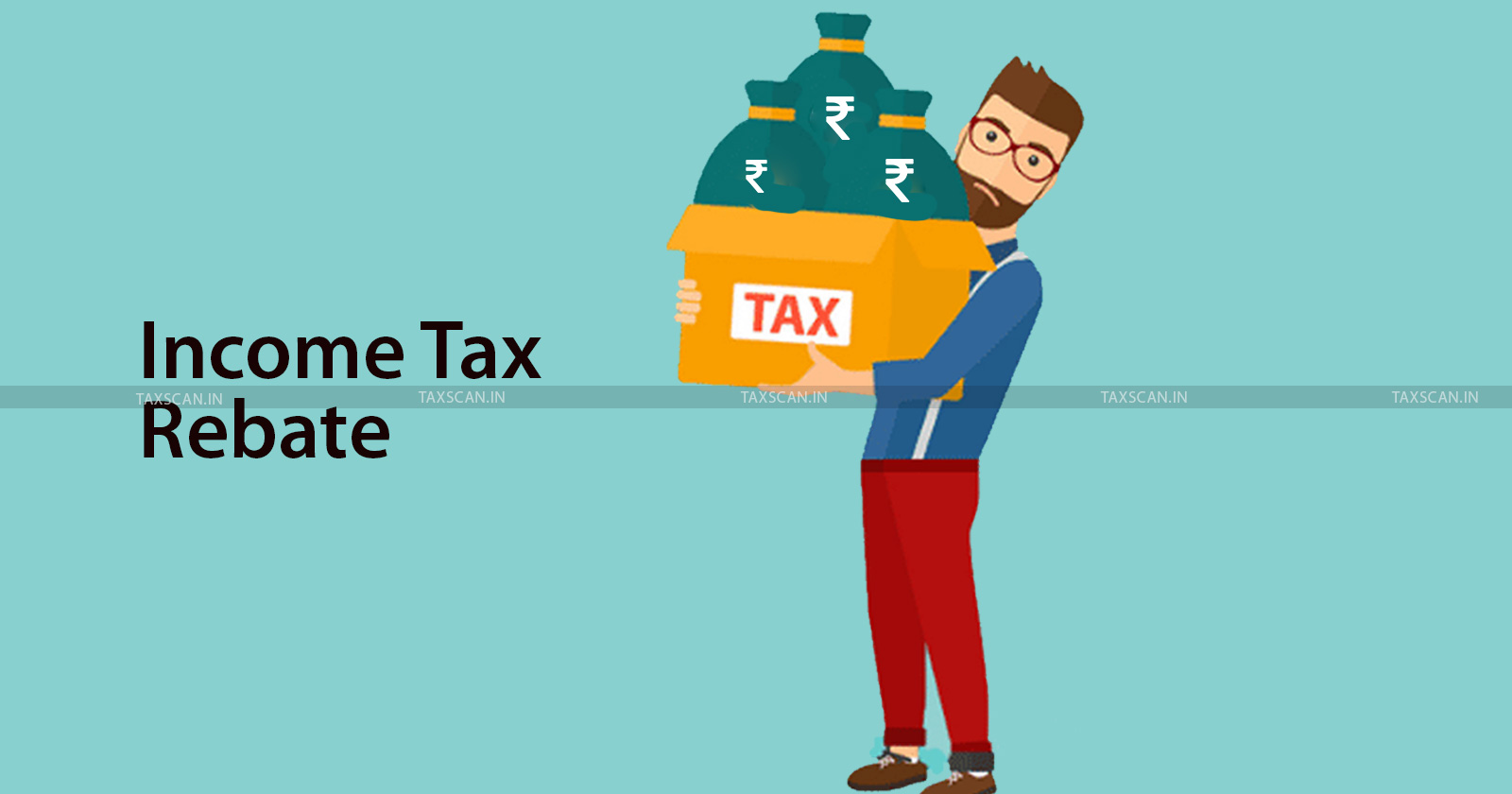Budget 2025: New S. 87A Rebate Threshold Limit, Proposed Changes, Applicability and the Catch
Know the S. 87A Rebate Threshold Limit, Proposed Changes, Applicability and Exemptions

Finance Minister Nirmala Sitharaman has tabled the Finance Bill/Union Budget 2025-2026 to pave the path ahead in the financial landscape of India. The hopes of the middle class were revived in the Third Modi Sarkar’s Second Budget, while being the first one without majority.
The new Income Tax limit of Rs. 12 Lakh is achieved through the increased limit of rebate in S. 87A rebate from Rs. 25,000/- to Rs. 60,000/-, for Income ranging from Rs. 7,00,000/- to Rs. 12,00,000/- . However, this comes with a catch. Read on to know more.
Existing Situation
Under the provisions of section 87A of the Act, an assessee, being an individual resident in India, having total income not exceeding Rs 5 lakh, is provided a rebate of 100 per cent of the amount of income-tax payable i.e., an individual having income till Rs 5 lakh is not required to pay any income- tax Finance Act, 2023 inserted proviso to the said section, to provide rebate of income-tax in cases where the total income of such assessee is chargeable to tax under sub-section (1A) of section 115BAC of the Income Tax Act.
Proviso to section 87A provides the rebate of income-tax in cases of such individuals, upto Rs.25,000/- where the total income does not exceed Rs. 7,00,000/- (clause (a) of the said proviso) and marginal relief where the total income exceeds Rs. 7,00,000/- (clause (b) of the said proviso) to income chargeable to tax under sub-section (1A) of section 115BAC of the Income Tax Act.
The Good
From assessment year 2026-27 onwards, for an assessee, being an individual resident in India whose income is chargeable to tax under the sub-section (1A) of section 115BAC of the Income Tax Act, the Finance Minister proposed to,–
enhance the limit of total income for rebate in clause (a) and (b) of first proviso under section 87A, on which the income-tax is payable as per the rates of income-tax under sub-section (1A) of section 115BAC of the Income Tax Act, from Rs. 7,00,000/- to Rs. 12,00,000/- and the limit of rebate in clause (a) of first proviso to section 87A from Rs. 25,000/- to Rs. 60,000/-.
The budget also proposed to rationalise the first proviso to section 87A by inserting a new proviso so as to provide that the deduction under the first proviso, shall not exceed the amount of income-tax payable as per the rates provided in sub-section (1A) of section 115BAC of the Income Tax Act.
The Bad
The provisions of sub-section (1A) of section 115BAC of the Income Tax Act are subject to the other provisions of Chapter XII i.e. determination of tax in certain special cases. Hence, proviso to section 87A clearly provides that tax on incomes chargeable at special rates (for e.g.: capital gains u/s 111A, 112 etc.) as specified under various provisions of Chapter XII, are not included while determining the rebate of income-tax under the first proviso to section 87A.
The Ugly
As mentioned above, such rebate of income-tax is not available on tax on incomes chargeable at special rates (for e.g.: capital gains u/s 111A, 112 etc.).
To Read the full text of the Finance Bill CLICK HERE
Support our journalism by subscribing to Taxscan premium. Follow us on Telegram for quick updates


